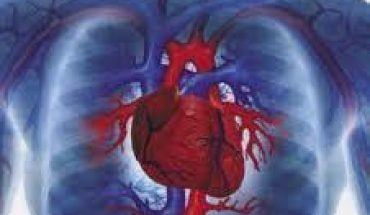Pyloric Stenosis is a condition that affects babies. It affects the gastrointestinal tract to be exact. The lower part of the stomach is known as the pylorus. This is where food, and other substances pass through to enter the small intestine. During pyloric stenosis, the muscles in the pylorus become enlarged, and prevent food from being discarded from the stomach. As a result of this, forceful vomiting is experienced leading to dehydration, and weight loss. A baby who has pyloric stenosis will always be hungry.
Pyloric Stenosis is common, but the causes of the condition are unknown, however it is believed that genetics play some part in the condition. Babies are not born with thickened pylorus but it happens over time after birth. The baby starts to show signs when it has become so thick that the stomach cannot hold anything more, thus, the expulsion through vomiting.
Symptoms
The symptoms of pyloric stenosis generally appear three to five weeks after the baby is born. The condition is rare in infants over three months old. The symptoms to look for are:
Projectile vomiting
This is the forceful ejection of baby feed up to several feet away. This is normally noticed about thirty minutes after feeding. The vomiting starts mildly, and then becomes severe to the point where it might even contain blood. Because it has been mixed with acids in the stomach, the vomited milk may smell curdled.
Persistent hunger
This is due to the fact that whatever the baby eats, is expelled from the stomach, so the baby will always be hungry.
Stomach contractions
If you look at the stomach of a baby who has pyloric stenosis you will notice wave-like contractions moving across the baby’s upper abdomen shortly after feeding, and before vomiting. This is known as peristalsis.
Dehydration
You may notice that the baby cries and there are no tears. You will also be seeing less wet diapers. This is all due to dehydration. When babies become dehydrated, they also become less active.
Changes in bowel movements
Since food is not reaching the child’s stomach, the child will become constipated. Affected babies also have smaller and fewer stools.
Weight problems
Pyloric stenosis may give rise to weight loss, or just prevent a baby from gaining weight.
Treatment
When a baby has been diagnosed with pyloric stenosis, the baby will be admitted to a hospital. This diagnosis is usually arrived at through physical examination, ultrasound, or barium swallow. After admission, the baby will be prepared for surgery. Dehydration will be taken care of by the administration of intravenous (IV) fluids. The surgical procedure that is performed involves cutting through the thickened muscles of the pylorus. Babies are usually able to feed normally, and quickly after the surgical procedure. The baby will still vomit little amounts, and this is because there is till some swelling at the point where the operation was done.





